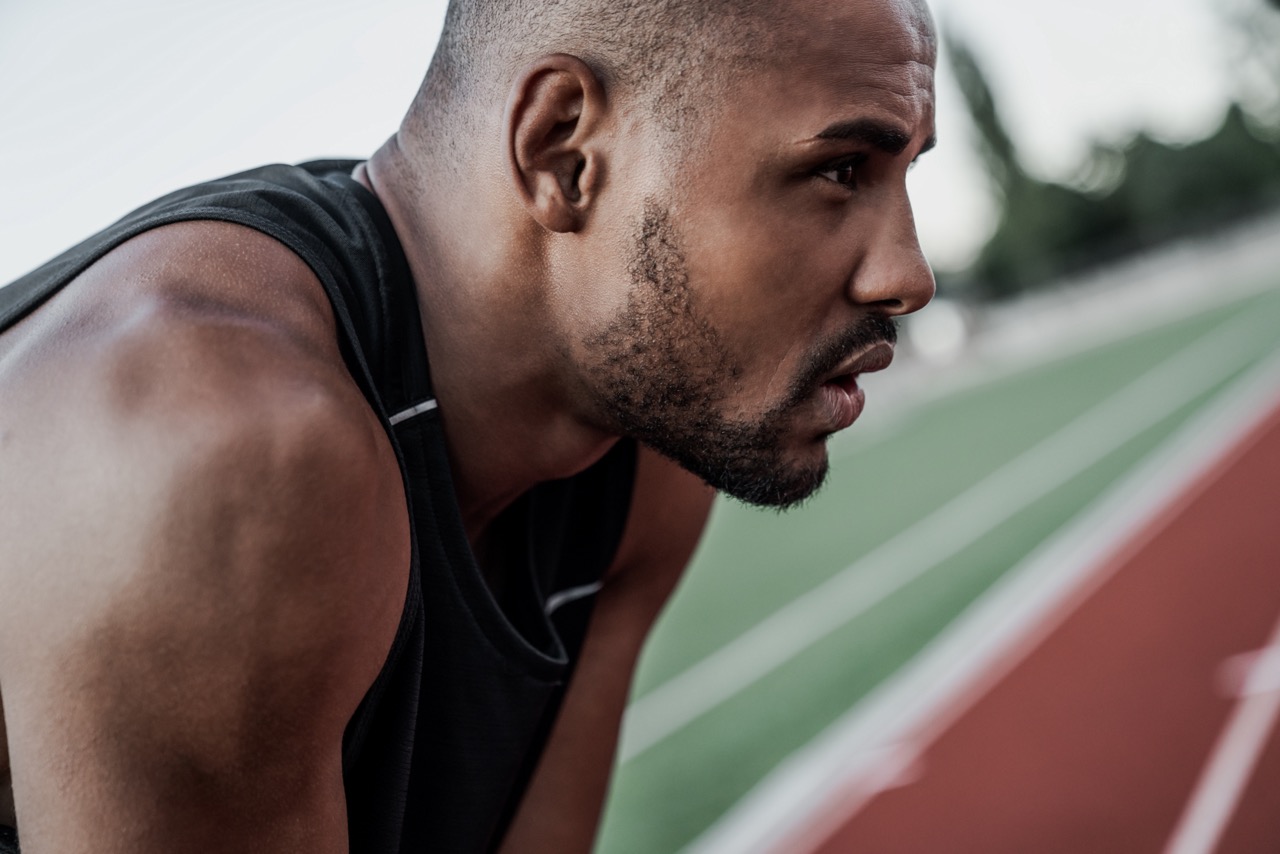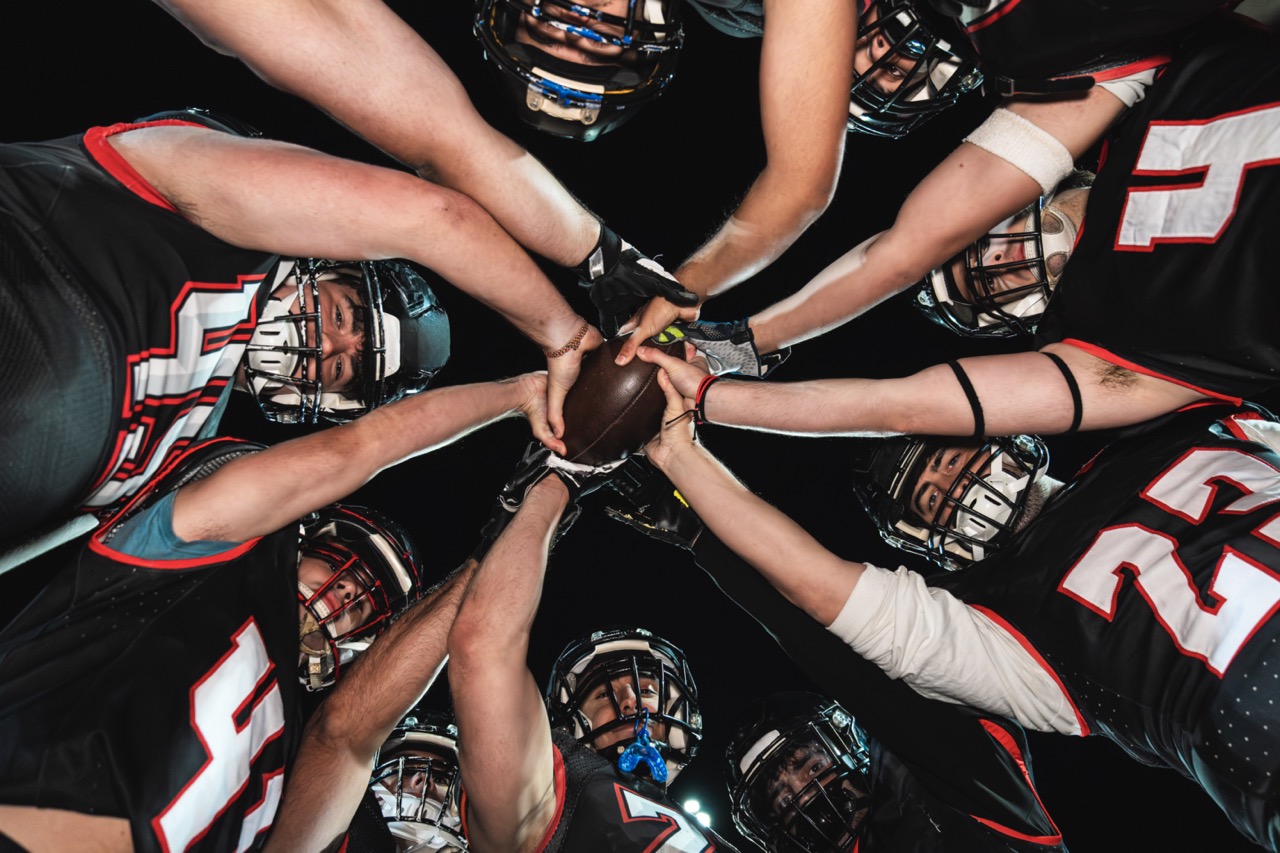Comprehensive Coaching Solutions for Every Journey
Explore our diverse range of coaching services designed to empower athletes, educators, and individuals alike. From mental toughness training to personalized support for former athletes, our programs provide the tools and strategies needed to achieve your goals and thrive in all aspects of life.
Student-Athlete Mental Coaching
Tailored coaching sessions designed to help student-athletes build mental resilience, enhance performance, and achieve their personal and athletic goals.
Educator Coaching
Empower educators with personalized strategies to foster student engagement, improve classroom dynamics, and enhance their teaching effectiveness.
Team Coaching
For all kinds of teams – unlock your team's full potential with customized coaching that enhances performance, builds cohesion, and fosters a winning mindset.
Keynote Speaking
Inspiring presentations that motivate and empower audiences to embrace challenges, unlock their potential, and live life with purpose and passion.
Student Leadership Program
The "100% Mettle" program empowers future student leaders by developing essential skills like focus, empathy, and conflict resolution.
Adult Coaching
Support for former athletes seeking to rediscover their passion and navigate life transitions with expert guidance tailored to their unique experiences.
Mental Mettle Academy
A comprehensive program for coaches and adults focused on developing mental performance skills and strategies to support athletes in their journey to success.
ember to Inferno
The Ember to Inferno series guides coaches through their own journey of mental toughness while providing actionable strategies to build confidence and belief in their athletes. Rather than simply introducing more adversity, the focus is on creating a strong foundation for mental resilience.
Are you ready to forge your mettle?
What People Are Saying
Don't just take our word for it. Hear from athletes, coaches, and professionals who have transformed their mindset and performance with Mental Mettle Coaching. These success stories showcase the real-world impact of our proven strategies and personalized approach.
We were fortunate enough to have Coach Thomann speak to our athletes. His powerful message of not only getting through adversity but using adversity to make us stronger was inspiring. His personal stories and inspirational examples have stayed with our student athletes and with me. I have known Matt for decades – he is a person of integrity and someone who makes others better.
Dave Feeney
Educator and Head Girls Basketball Coach
Normal Community High School
My early morning sessions with Coach Thomann were a huge part of my 2022. He pushed me to think beyond the “woe is me” attitude I had in my head all revolving around our sweet boy. Pushing past that wall truly helped me see things in a different view. I wish that was something I had as a teen or in college to prep me for life. 100% worth it!
Becky Dee
Educator, Wife, and Mother
Sign up for a free informational session.
The Mental Edge
"The Mental Edge" is your go-to resource for unlocking peak performance through mental resilience and strategic mindset training with stories containing valuable insights, practical tips, and expert advice tailored for athletes, coaches, and parents alike. Explore techniques to enhance focus, build confidence, and overcome adversity, empowering you to excel in sports and life.

Positive Toughness: How 9 Core Topics Transform Your Game and Life

Hope as a High-Performance Skill: How to Build Mental Toughness Before Life Falls Apart

